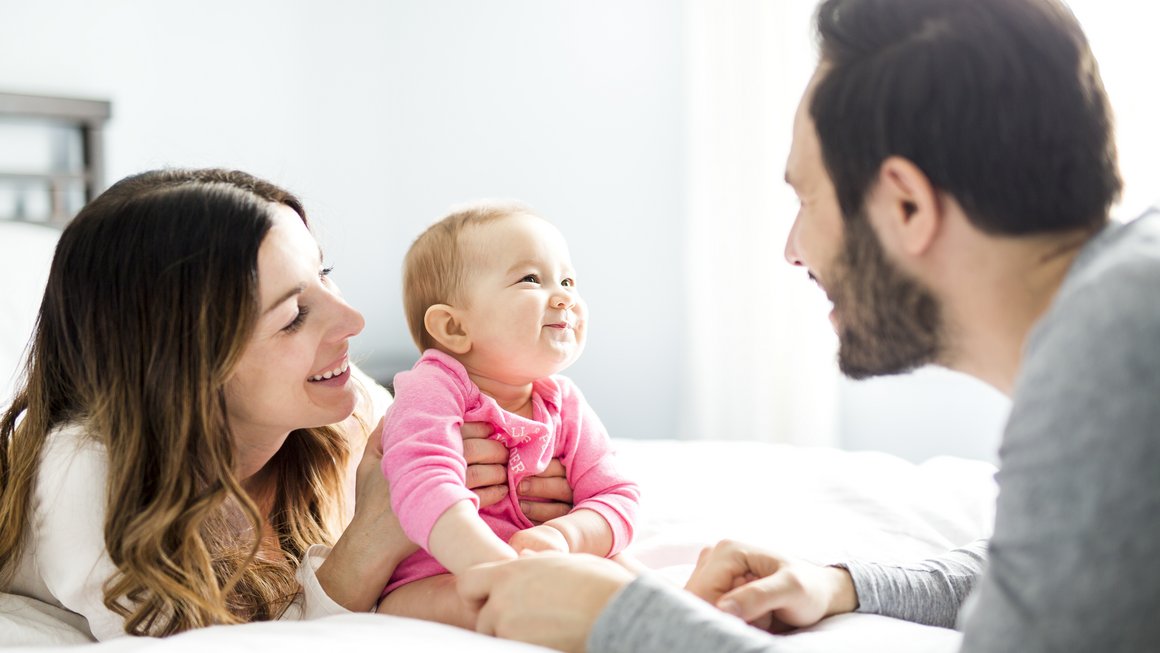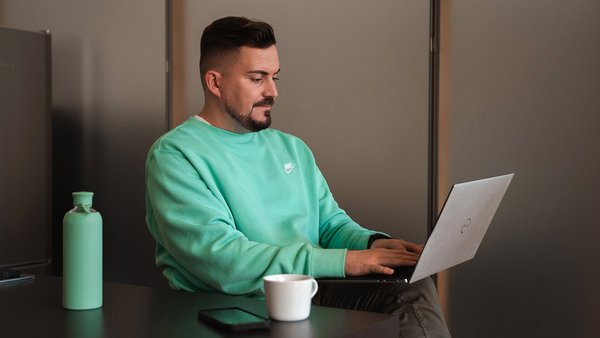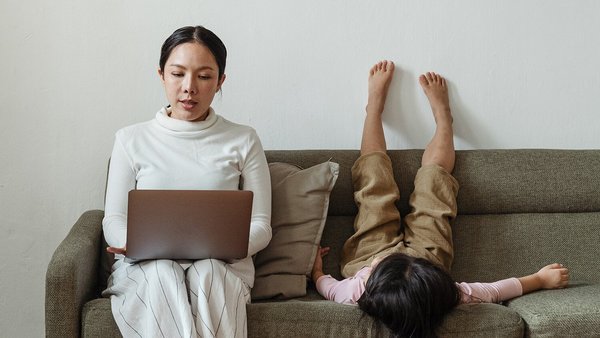Maternity protection and parental leave in Europe – What countries have the best conditions?
|

If you have a child, you have certain rights as an employee. These rights vary from country to country. But where in Europe do you get the most support?
Employees who are pregnant or nursing first receive maternity protection, which includes a ban on working in the weeks before and after birth and which also guarantees income for this period. However, parental leave affects both parents. It is usually an unpaid break from professional life during which parents care for and raise their children. During this time, you may receive financial support in the form of parental benefits.1
German mothers have the least maternity protection
In Germany, the maternity protection period generally begins six weeks before and ends eight weeks after the birth. During this time, mothers receive their full salary. With 14 weeks, Germany comes in last in the European comparison. Only Croatia (100% of the salary) and Sweden (80% of the salary) give women as little time to rest. France and Spain fare a bit better with 16 weeks each. In the Czech Republic, women can look forwards to 28 weeks at 70% salary, in Slovakia it is even 34 weeks at 75%. The leaders are Great Britain and Bulgaria: The Brits give their mothers 52 weeks of maternity protection, in the first 6 weeks they still receive 90% of their salary, which, however, drops to about 160 Euros per week for the remaining 33 weeks. In Bulgaria, mothers get 58.5 weeks off and receive 90% of their salary for the entire time.
Parental benefits are not a given in Europe
In Germany, maternity protection is usually followed by paid parental leave. But this is not the same everywhere. In some EU countries, there are no support services after maternity protection. This puts some regulations that appear quite generous at first glance, into perspective. In Germany, 14 months of parental leave are paid, 2 months of which must be taken by the father. Normally, 65% of the previous salary is paid. The range of payments lies between 300 Euros up to 1800 Euros. Parents in Austria are even better off. They have up to two years of parental leave and get up to 80% of their salary. The leader in this statistic is Romania. Here, parents receive 85% of their most recent salary for two years per child.
In Spain and France, the situation is much less pleasant. Spaniards are allowed to stay at home until their child's third birthday, however, without any pay. Only 16 weeks of maternity protection and four weeks of paternal leave are paid. In France, after the 16 weeks of maternity protection and eleven days of paternal leave, only 400 Euros of parental benefits are paid. In many cases, this is not enough for families to live on.2
Maternity protection outside of Europe
Almost everywhere in the world, young mothers are given some form of paid maternity protection. However, there are nine countries in which this is not the case. This includes Micronesia, the Marshall Islands, and Papua New Guinea – but also the US. Mothers in the US have to use their annual vacation time for this. The legislature does not provide for any time off.3

